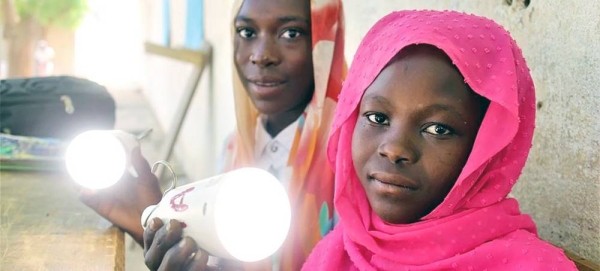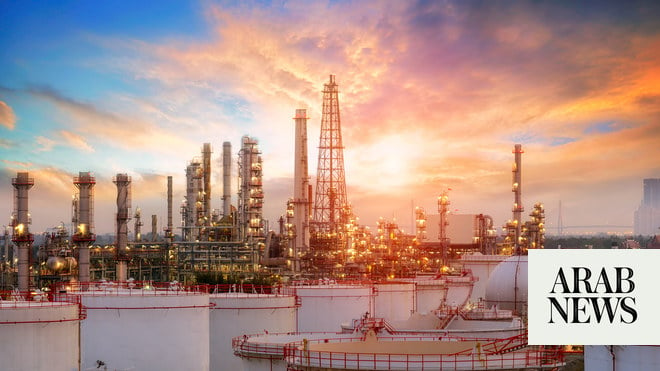
When it comes to the operations of oil companies, transparency is a scarce commodity in OPEC. Very little information is known about the finances of national oil companies operating the world’s largest fields.
A glimpse into the books of some countries such as Kuwait where there is an advanced system of transparency and disclosure, however, shows it is possible.
This can give an idea about how things are for other OPEC members.
On Nov. 2, Kuwaiti newspaper Alqabas issued a report citing “Diwan Almohasabah”, the Auditing Bureau in Kuwait. The Diwan had an interesting report on the cost of production in Kuwait, where it questioned the increases in costs in recent years.
Two main features were shown in the report. First, the cost of production of oil and natural gas in Kuwait is increasing. Second, the cost of production varies greatly between a barrel of oil and barrel of an oil equivalent for natural gas.
As for oil, the average cost for production for a barrel of Kuwaiti crude oil in the fiscal year 2017/2018 rose by 11.5 percent from a year ago to reach 1.15 dinar ($3.79). This figure is the average of production from all Kuwaiti fields.
What’s really astonishing is that the cost of production from Burgan field, the largest in the country and one of the largest onshore oil fields in the world, was less than 0.1 dinar ($0.33), marking the lowest cost of oil production on the planet.
Saudi Arabia is facing a similar situation to Kuwait. Whereas the cost of oil production from Ghawar is believed to be around $5 and the total cost of onshore and offshore developments are way below $10 per barrel, the cost of producing free gas is not cheap.
Wael Mahdi
But even that low cost increased by 20.73 percent for Burgan from the fiscal year 2016/2017.
Al-Ahmadi, another low-cost development even lower than Burgan, reported a similar increase. The newspaper reported that Kuwait Oil explained the rise in costs as a result of many factors, including the maturity of oil reservoirs and high treatment costs.
The company formed a committee to look into this issue and find solutions to control production and re-tender some of the service contracts to bring down the cost, according to the paper.
As for natural gas, the numbers are surprising.
To produce a barrel of oil equivalent of natural gas it will cost Kuwait Oil Co. around 10.03 dinars ($33) from a field such as Um Niga.
Other fields are much less expensive but the fact that Kuwait is tapping deep gas from Jurassic layers shows that developing new free gas (unassociated) resources aren’t going to be as easy and cheap as people might think.
Saudi Arabia is facing a similar situation to Kuwait. Whereas the cost of oil production from Ghawar is believed to be around $5 and the total cost of onshore and offshore developments are way below $10 per barrel, the cost of producing free gas is not cheap.
Saudi Aramco doesn’t publish its production figures and there is no government auditing body that publishes reports on its operational expenses.
What we know is all secondhand information, yet it gives a general idea about how things are. Saudi Aramco is good at keeping the cost low because it has so many fields so the average cost is lower at the end.
Another reason is that Saudi Aramco is known to be tough on oilfield services companies, which have to cut their costs to get contracts from the world’s largest oil company.
When it comes to gas, the situation is different.
That is why Saudi Aramco is still experimenting with cost-effective ways of developing unconventional gas in the Jafura basin. According to company officials full-field development of Jafura will be ready once the overall cost has been reduced sufficiently.
Bahrain is facing the same issue when it comes to gas, and so is the UAE, which is developing sour gas like Kuwait to meet local demand.
So what is the solution?
Renewable energy is the only way to cut gas consumption locally and save money for state producers.
Who knows, maybe electricity generated from solar and wind in Saudi Arabia could one day be exported to other OPEC producers and non-OPEC states in the region. But OPEC must start to think about renewable actively as time is running
out fast.
Wael Mahdi is an energy commentator specializing on OPEC and a co-author of “OPEC in a Shale Oil World: Where to Next?” He can be reached on Twitter @waelmahdi
Disclaimer: Views expressed by writers in this section are their own and do not necessarily reflect Arab News" point-of-view












